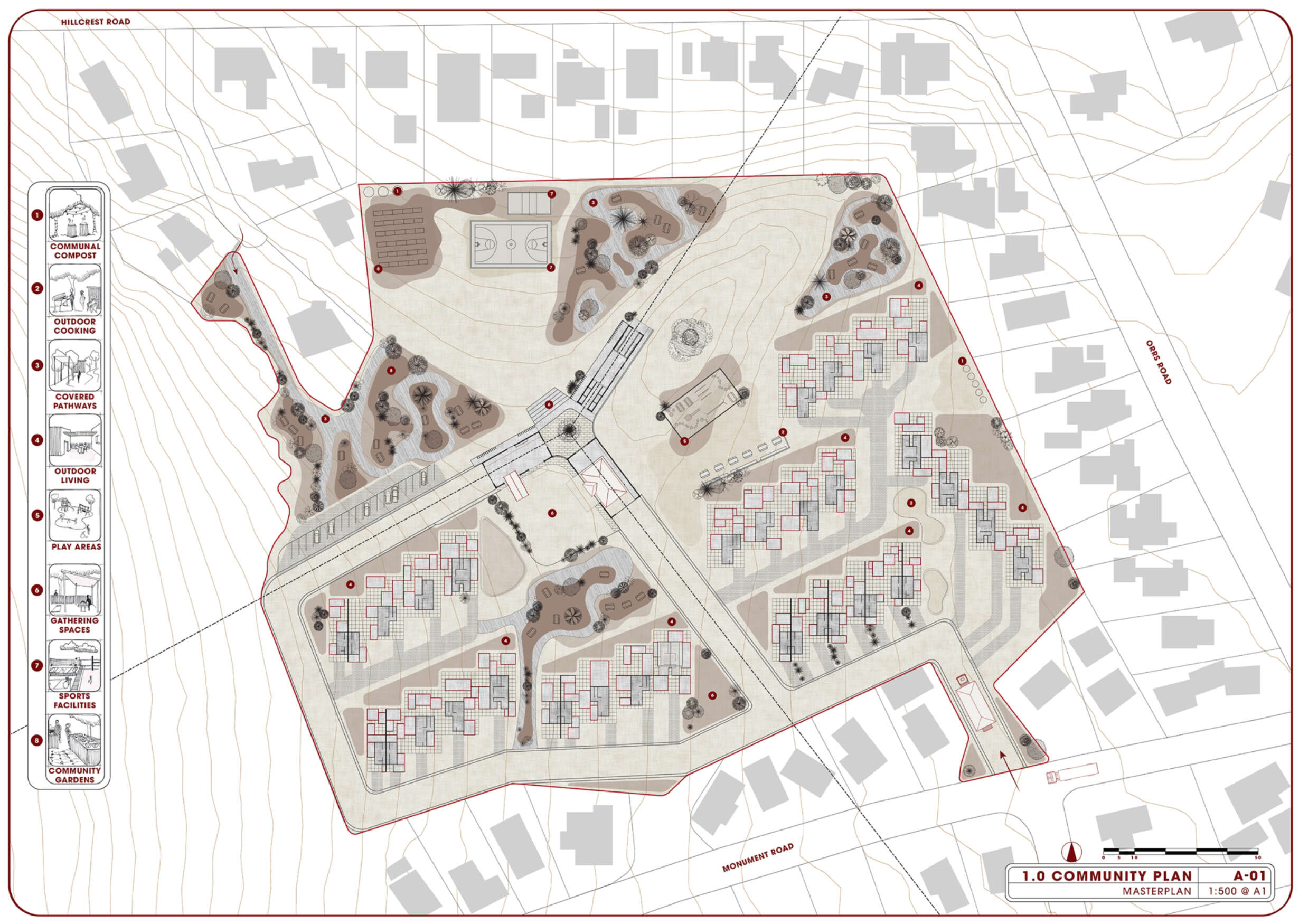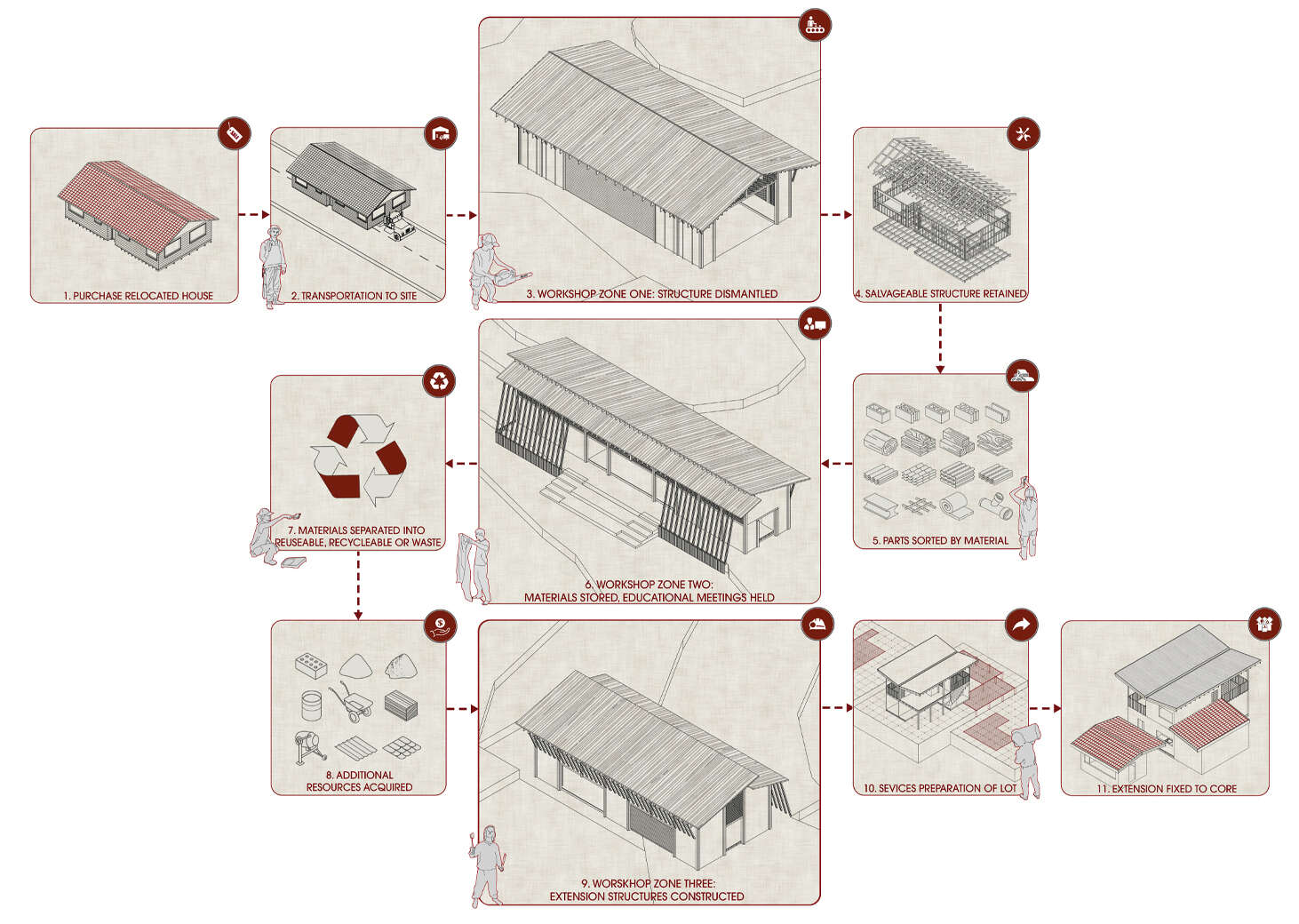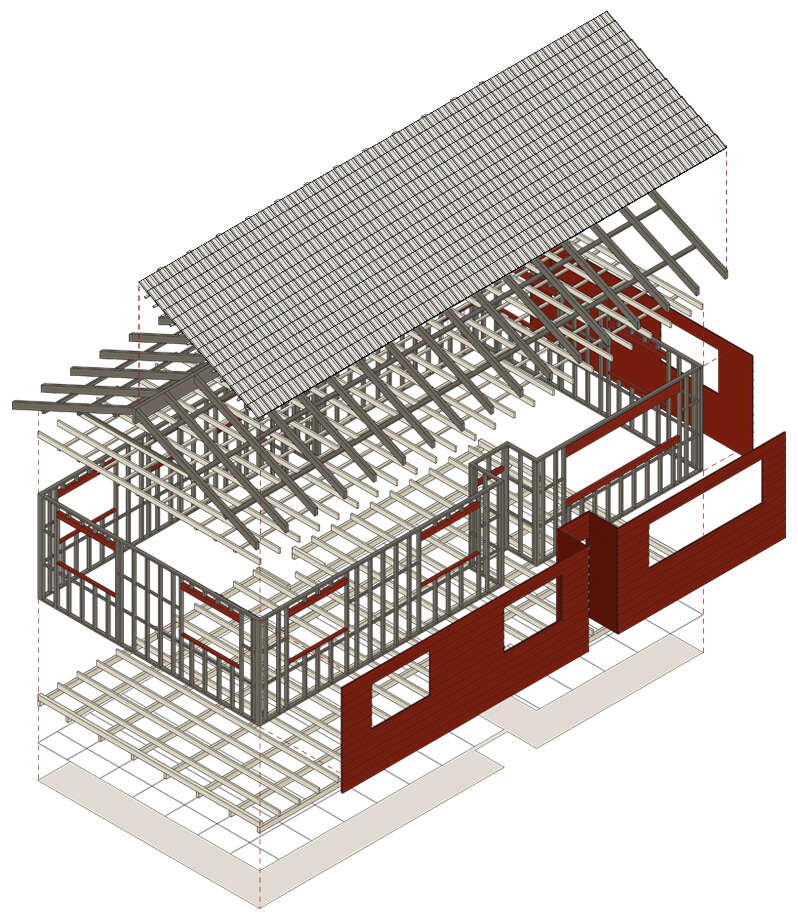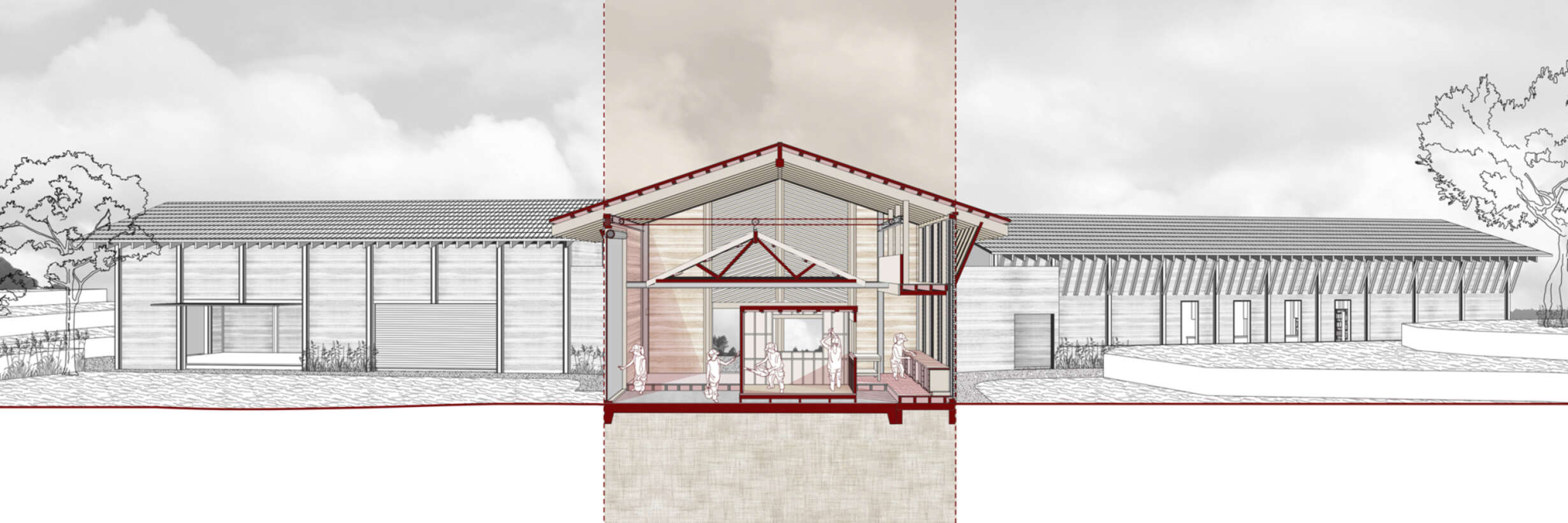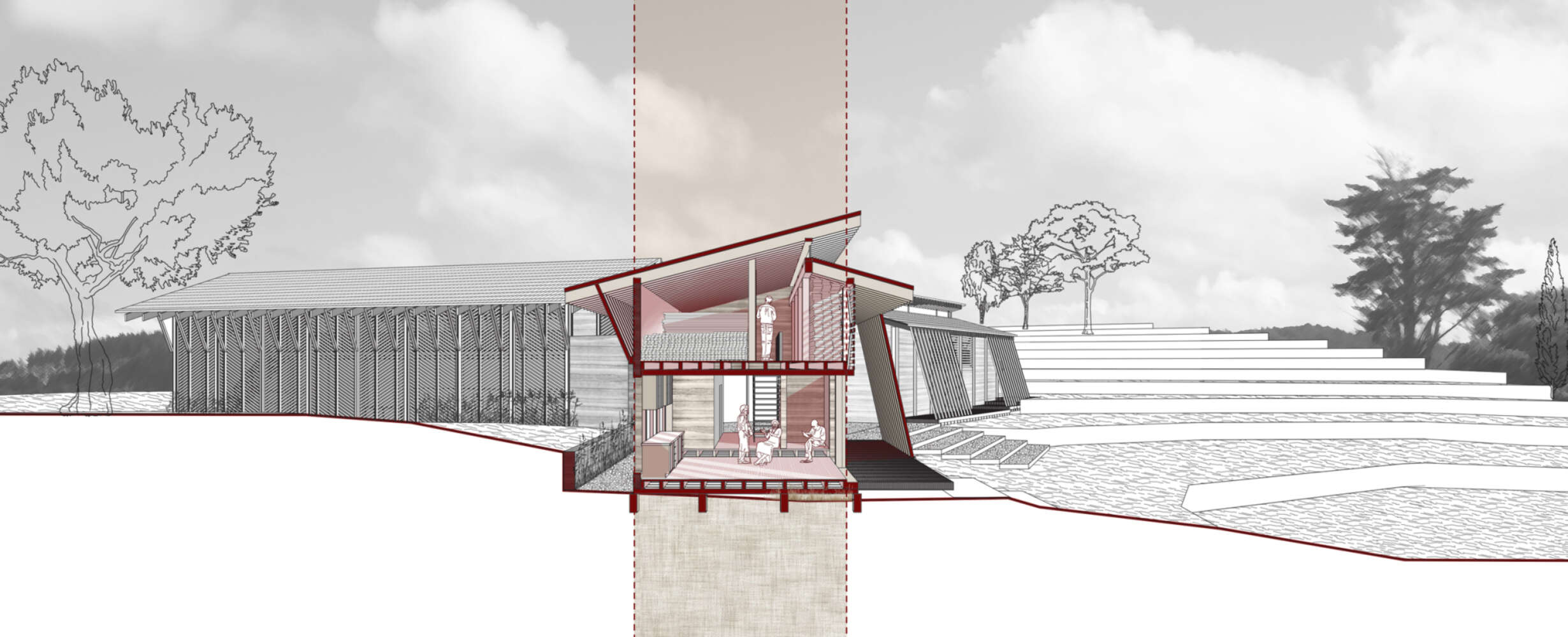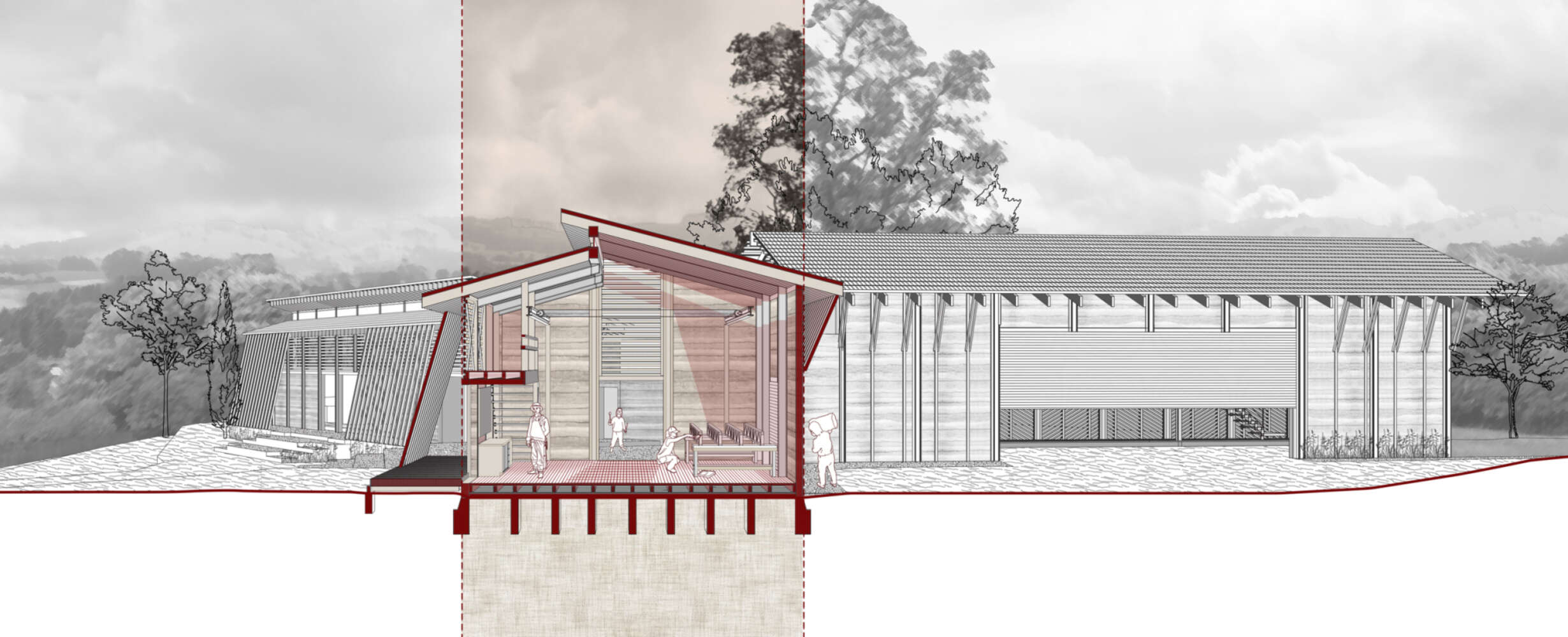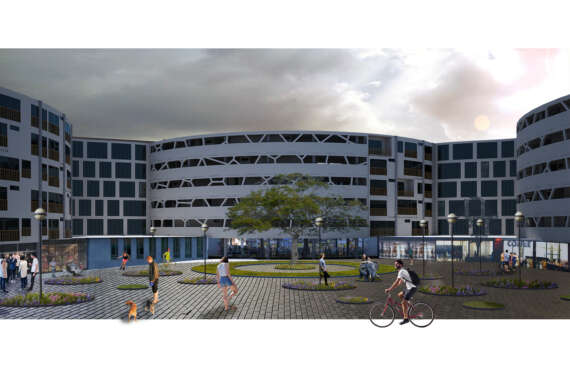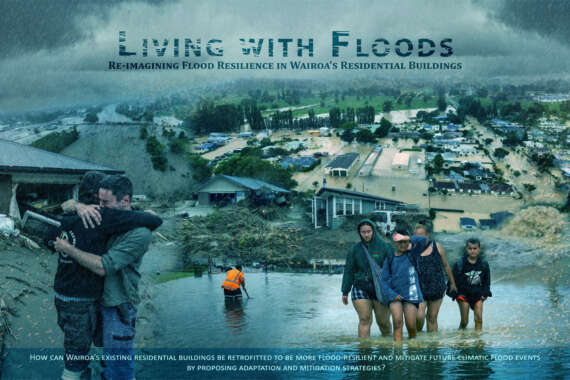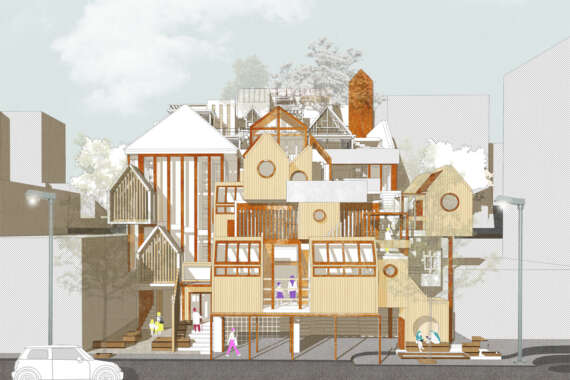Rethinking Regulatory Frameworks through Self-Build Practice
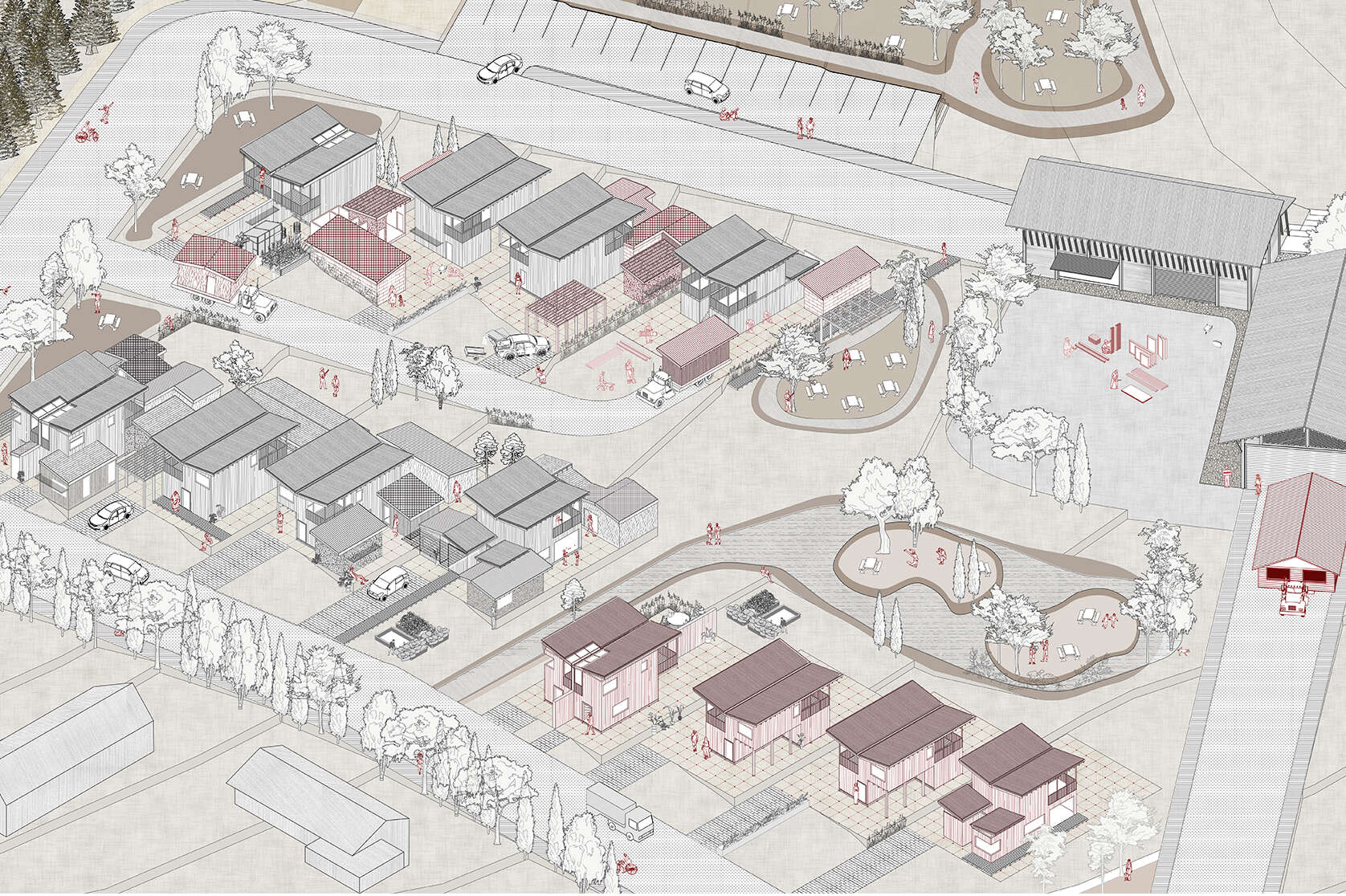
The construction industry is regulated through ever-tightening building codes as governments attempt to manage and control urban development. Financially disadvantaged groups unable to meet the expectations of such codes are forced to compromise living conditions which reinforces cyclical poverty. Architectural disobediences emerge in informal settlements, as homes that comply with regulatory frameworks become inaccessible for the low-income demographic.
This thesis investigates Aotearoa’s DIY culture and self-building theory. Aotearoa’s countercultural associations were historically encouraged by members of the architectural profession to reduce costs and foster participatory design. Now, the remnants of such ideals stand in tension with the building code. Current regulations fail to recognise that compliance requires capital, so they cannot facilitate low-cost housing endeavours.








